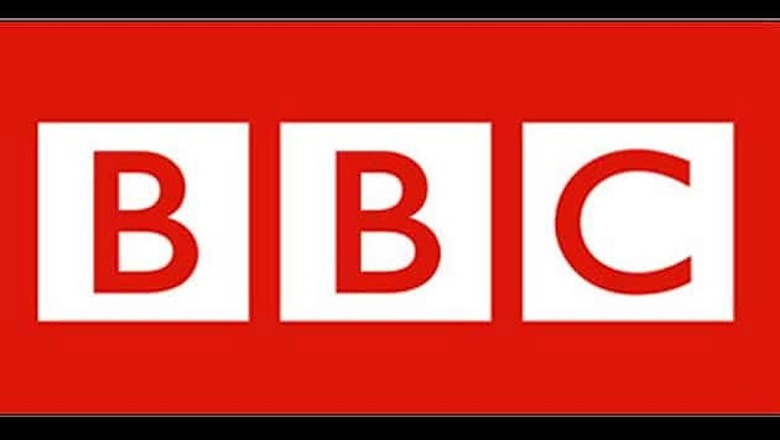
views
London: The producers of the controversial Top Gear BBC programme have defended itself against a complaint from the Indian high commission that its December episode focused on the country was "offensive".
In its January 6 letter to the programme's producer Chris Hale, and copied to Mark Thompson, director-general of BBC, the Indian high commission had stated that the BBC was "clearly in breach of the agreement that you had entered into, completely negating our constructive and proactive facilitation".
The episode presented by the controversial Jeremy Clarkson and two other presenters, Richard Hammond and James May, evoked mixed responses.
The BBC received several complaints while many people of Indian origin felt too much had been made out of the irreverent programme which was poking more fun at the presenters themselves than at Indian culture or its people.
"The Top Gear road trip across India was filled with incidents but none of them were an insult to the Indian people or the culture of the country. Our film showed the charm, the beauty, the wealth, the poverty and the idiosyncrasies of India but there's a vast difference between showing a country, warts and all, and insulting it," Top Gear said in a statement on Tuesday.
"It's simply not the case that we displayed a hostile or superior attitude to our hosts and that's very clear from the way the presenters can be seen to interact with them along the way. We genuinely loved our time in India and if there were any jokes to be had they were, as ever, reflected back on the presenters rather than the Indian people," it added.
The Indian high commission's letter, to which BBC has separately responded, said: "The programme was replete with cheap jibes, tasteless humour and lacked cultural sensitivity.
This is not clearly what we expect of the BBC. I write this to convey our deep disappointment over the documentary for its content and the tone of the presentation".
Before leaving for India, Hale had informed the high commission in a letter dated 21 July that the trip was intended to be "light hearted... focusing on the journey and the inevitable idiosyncracies of the cars they will drive, as well as the country and the scenery we see along the way".
Hale's letter added: "There will be spontaneous interaction between the presenters and their environment, and potentially people they meet along the way. This will be in an incidental manner, not interviews. Key ingredients of what we film will be beautiful scenery, busy city scenes, local charm and colour within these locations, areas to illustrate the local car culture that exists in India."
Senior Labour leader Keith Vaz was among the people, who demanded an apology from the BBC for the way in which India was allegedly ridiculed in the programme.
"It seems that the reasons given by the BBC in order to obtain their visas to go to India did not disclose the true nature of the content of this programme," Vas said during an interview to The Telegraph last week.
"One ridiculous programme has done a lot of damage to this good relationship. A swift apology from the BBC and Mr Clarkson may go some way towards restoring our good relations and the reputation of the BBC in India," the leader added.












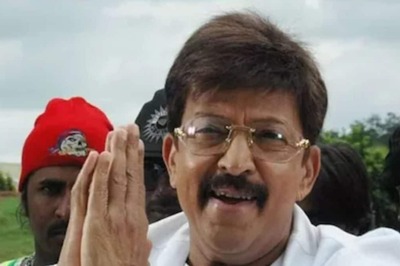

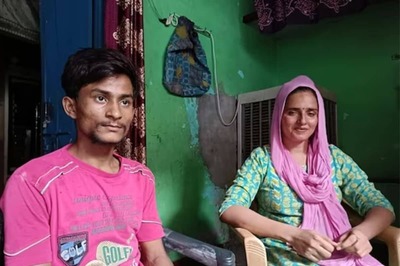
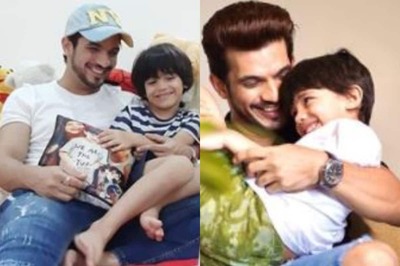
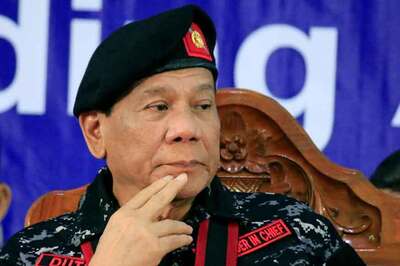

Comments
0 comment